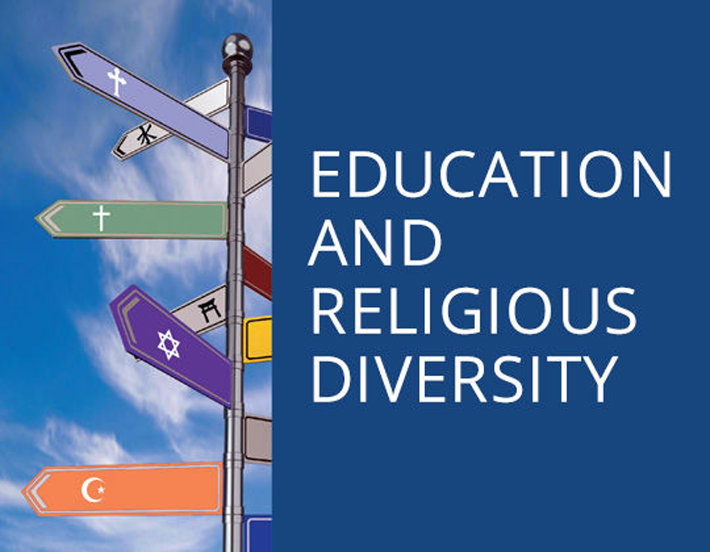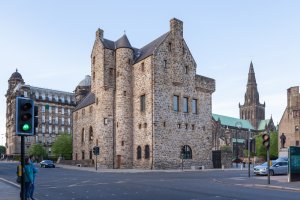The Council of Europe announced its new website.

As part of the Council’s follow-up to the Action Plan of the Committee of Ministers on the fight against violent extremism and radicalization leading to terrorism, they have announced a new website dedicated to religious diversity in education and other related issues such as interreligious dialogue, religious symbols, and blasphemy.”
The website carries this introduction in the “about us” page:
“The purpose of its work was not so much to examine religious education and the role it plays in official curricula but to construct an approach to intercultural learning that promotes dialogue, mutual understanding and living together. Such an approach differs from the monoreligious and monocultural approach still to be found in many European curricula. Indeed, it could be argued not that we have too much religious education but that we have too little or none at all. Our major concern is that we tend to ignore or marginalise some important values in giving priority to knowledge and short-term results, instead of focusing on what education is really for and on individual and social development.
“Religious and moral values are a highly sensitive area, involving beliefs and concepts about the world. Such values cannot be approached simply from a narrow curricular perspective, nor can they be reduced to a mere transmission of knowledge.
“They must be developed gradually, with pupils becoming aware of and acquiring such values individually and to lasting effect. In other words, acquisition of religious and moral values must be the outcome of real individual experience and skill. Similarly, the development of religious and moral convictions must be consistent with democratic values as a whole, namely respect for human rights, pluralism and the rule of law.
“Given this perspective, the learning approaches, methods and experiences promoted by the Council of Europe are based on three principles:
- religion is an important cultural fact (similar to other identity sources such as languages, history or cultural heritage);
- beliefs about the world and values must be developed gradually, based on real personal and social learning experiences;
- an integrated approach to spiritual, religious, moral and civic values must be encouraged.”
From its beginnings, the Church of Scientology has recognized that freedom of religion is a fundamental human right. In a world where conflicts are often traceable to intolerance of others’ religious beliefs and practices, the Church has, for more than 50 years, made the preservation of religious liberty an overriding concern.
The Church publishes this blog to help create a better understanding of the freedom of religion and belief and provide news on religious freedom and issues affecting this freedom around the world.


